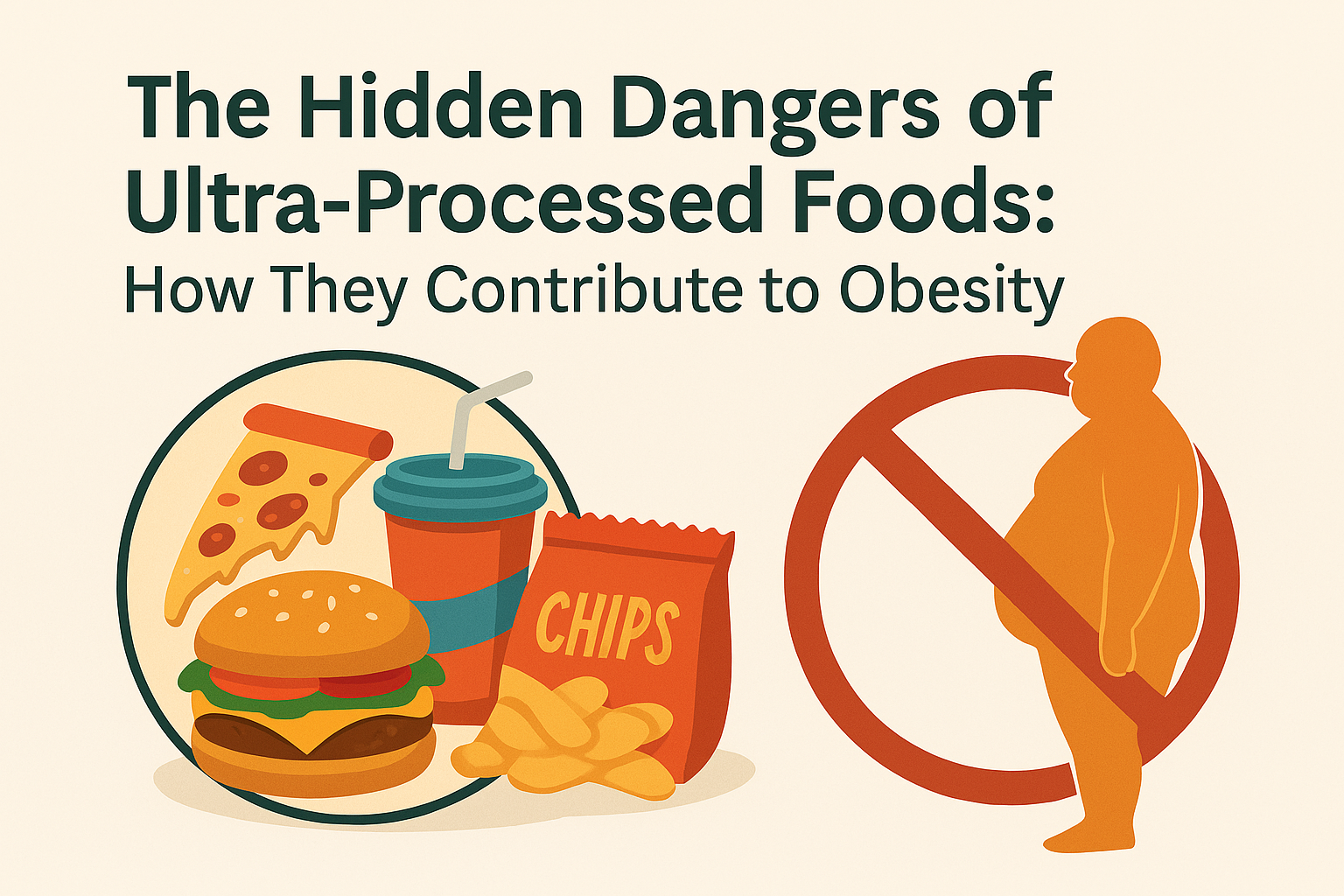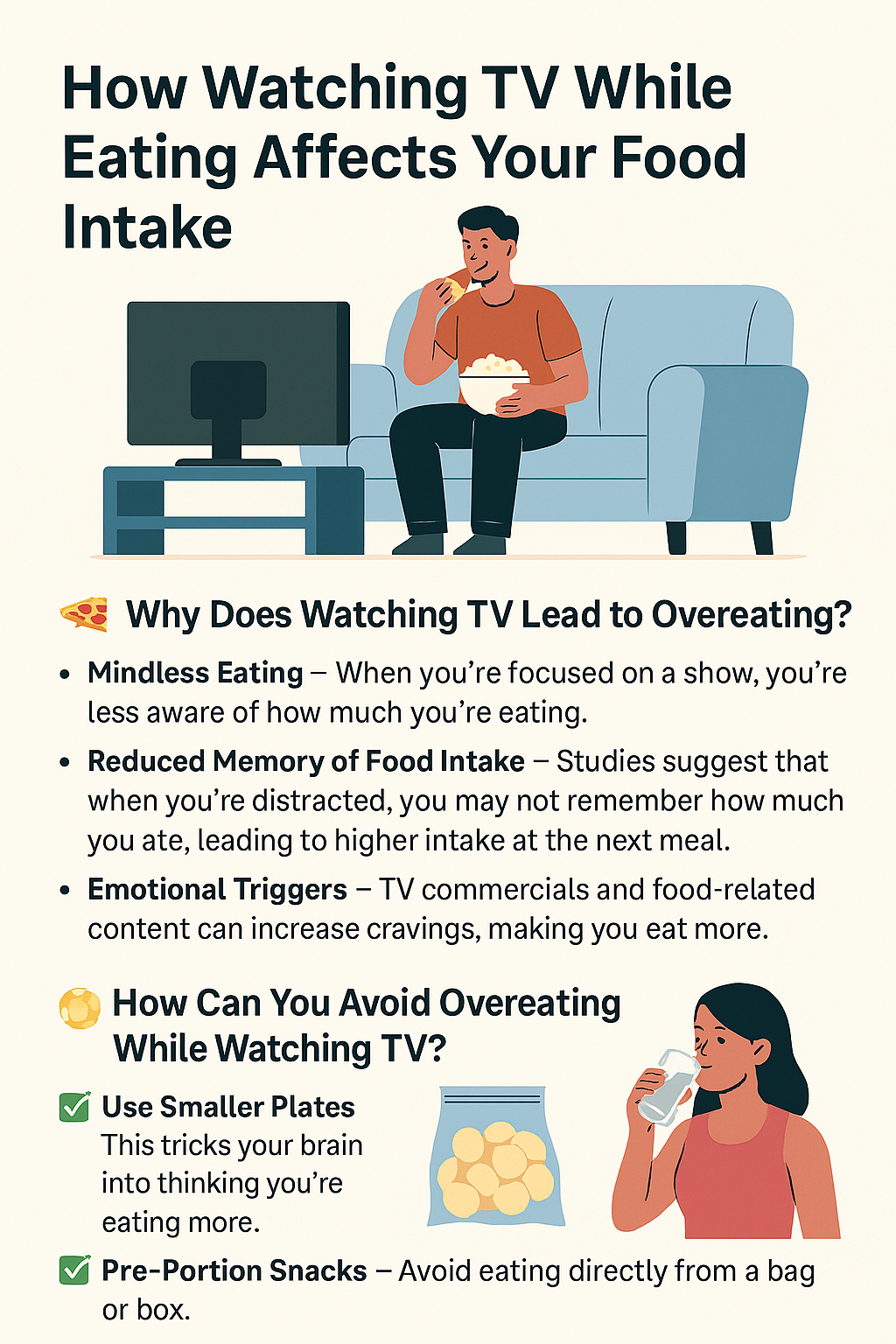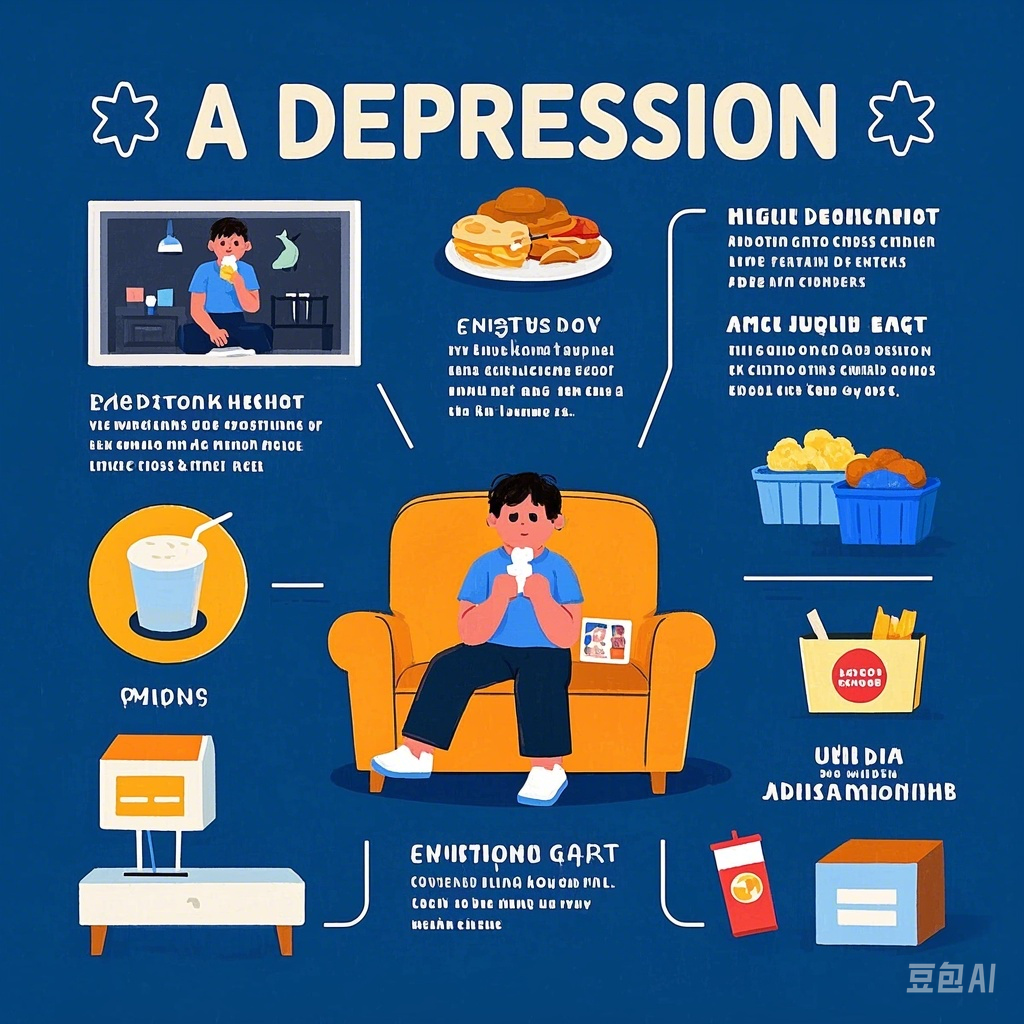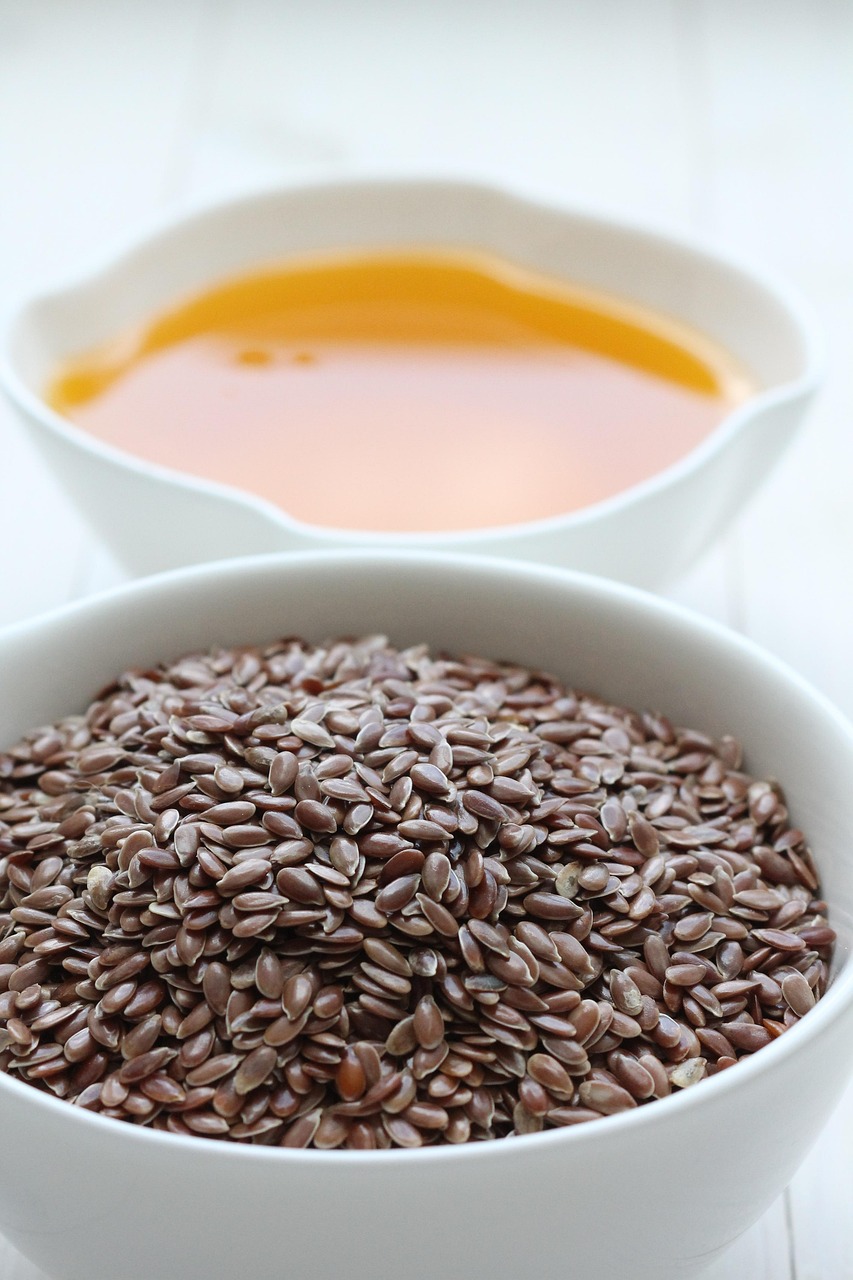Obesity has become a major global health issue, affecting millions worldwide. While multiple factors contribute to obesity, recent studies highlight the significant role of ultra-processed foods (UPFs) in weight gain and related health problems. These foods, often high in sugars, unhealthy fats, and additives, are a staple in modern diets but provide little nutritional value. This article explores how UPFs contribute to obesity, the health risks associated with their consumption, and how to make healthier dietary choices.
What Are Ultra-Processed Foods?
Ultra-processed
foods are industrially formulated products that contain multiple ingredients, including
artificial additives, preservatives, and refined sugars. These foods undergo extensive
processing, which strips them of essential nutrients. Examples include:
✔️ Sugary cereals
✔️ Packaged snacks (chips, cookies)
✔️ Instant noodles
✔️ Fast food
✔️ Soft drinks
While convenient, these foods disrupt hunger regulation, making people more likely to overeat
and gain weight.
The Link Between Ultra-Processed Foods and Obesity
Research
has shown that frequent consumption of UPFs is associated with weight gain and obesity-related
health issues. The key reasons include:
📌 High Caloric Density – UPFs contain excessive calories with minimal nutrients, leading to
energy imbalance.
📌 Increased Cravings – Artificial flavors and additives stimulate overeating.
📌 Disrupted Hunger Signals – Highly processed foods interfere with the body’s ability to
regulate appetite.
📌 Lack of Satiety – Unlike whole foods, UPFs do not provide lasting fullness, causing
people to eat more frequently.
A study published in PubMed found that people who consume a diet high in UPFs have a
significantly increased risk of obesity, metabolic syndrome, and cardiovascular disease.

Health Risks Beyond Obesity
Regular
UPF consumption is not only linked to obesity but also contributes to:
⚠️ Diabetes – High sugar levels in UPFs increase the risk of insulin resistance.
⚠️ Heart Disease – Excessive consumption of trans fats and processed oils leads to high
cholesterol.
⚠️ Hypertension – High sodium content in processed foods raises blood pressure.
Making Healthier Choices
To
combat the negative effects of UPFs, consider the following dietary adjustments:
✅ Eat Whole Foods – Focus on fresh vegetables, fruits, lean proteins, and whole grains.
✅ Cook at Home – Preparing meals from scratch helps control ingredients and portion sizes.
✅ Read Labels – Avoid foods with long ingredient lists and artificial additives.
✅ Stay Hydrated – Choose water or herbal tea instead of sugary beverages.
By making these changes, you can reduce your risk of obesity and improve overall health.
Conclusion
Ultra-processed foods may be convenient and tasty, but their health consequences are serious. Scientific research continues to highlight the connection between UPFs and obesity, as well as other metabolic disorders. By choosing minimally processed foods and adopting a balanced diet, individuals can take control of their health and lower their risk of obesity-related diseases.












